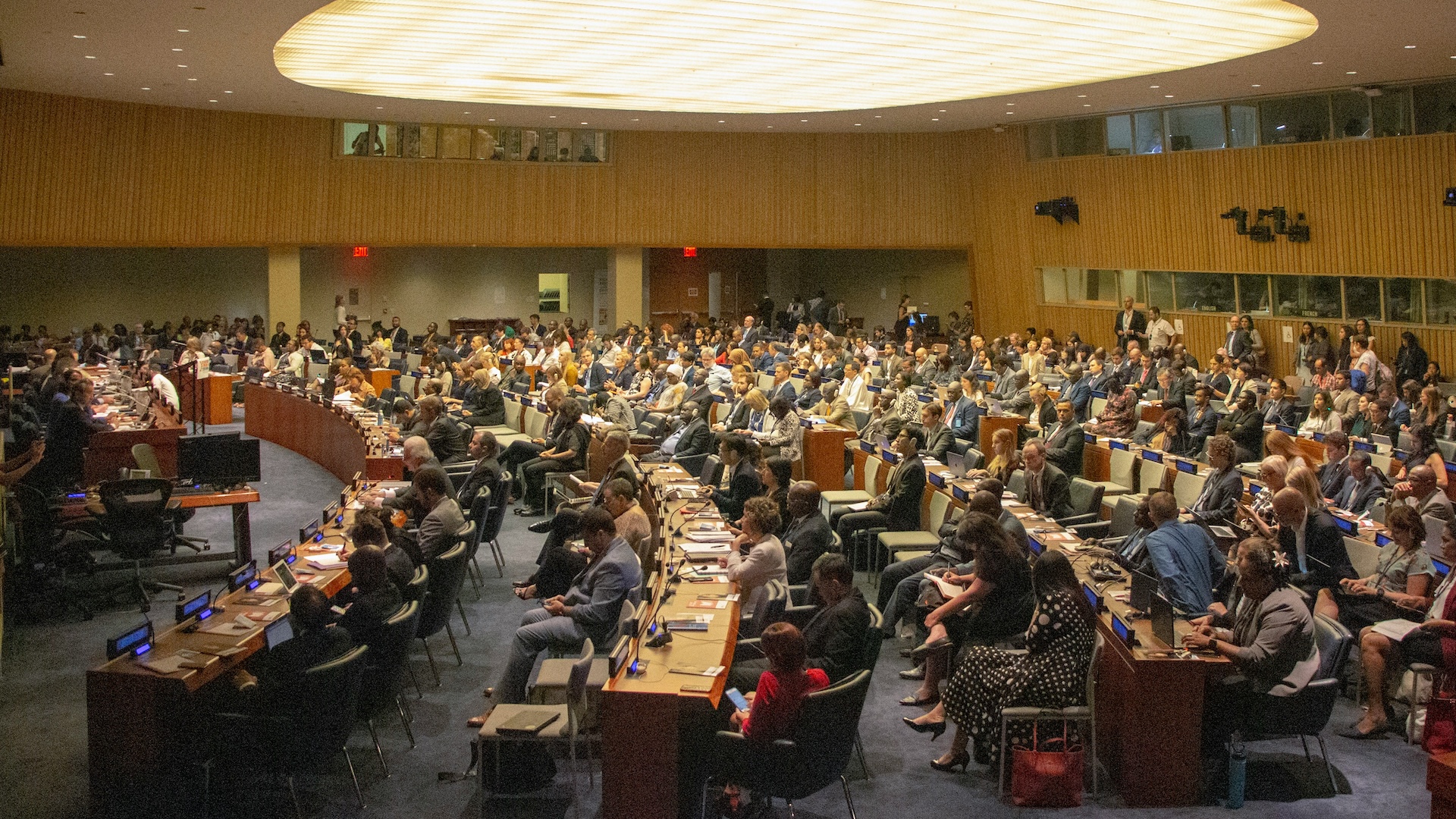The message from Geneva to Liverpool could not have been clearer: the world is watching. But the question is, are our leaders listening?
The Universal Credit Act is not an abstract policy. For millions of disabled people up and down the country, it is the difference between being able to pay for heating or not, between independence and reliance, between dignity and degradation.
In Greater Manchester, disabled people’s organisations have been calling for years for the UK to meet the standards set out in the UN Convention on the Rights of Persons with Disabilities (UNCRPD). Local leaders have been receptive, but without the convention being brought into domestic law, progress is limited.
And here lies one of the most troubling political decisions of recent years: Labour’s abandonment of its pledge to enshrine the UNCRPD into UK law. With Labour Conference having just taken place, party delegates and leaders missed an opportunity to signal that disabled people’s rights are not negotiable. Labour should recommit to legal protections for disabled people immediately.
When Keir Starmer dropped that commitment in 2023, it was framed as pragmatism, a desire to focus on what was “deliverable.” But for disabled people, the consequences are far from abstract. It meant losing the chance for a legally binding guarantee that their rights would be upheld in the face of hostile welfare reforms. It meant their calls for justice could continue to be ignored without consequence. And it sent a message that disabled people’s rights were negotiable, something to be traded away in the political balancing act.
Of course, international condemnation matters. When the UN singles out the UK for failing to meet basic human rights standards, it undermines the government’s ability to present itself as a global leader on rights. It generates headlines, it sparks debate, and it forces uncomfortable questions onto the political agenda. But the truth is that external criticism, no matter how damning, will not by itself change lives.
So what would real action look like? First, it would mean a full cumulative impact assessment of austerity and welfare reform policies, something successive governments have avoided because they know what it would reveal: that disabled people have often borne the brunt of cuts and changes, time and again.
Second, it would mean reforming universal credit so it upholds dignity. Third, it would mean taking rights seriously, giving disabled people not only protection under the law, but also a meaningful voice in shaping the policies that govern their lives.
It is time for the UK to treat its own human rights obligations seriously. Because the truth is this: disabled people in Britain should not have to wait for the UN to defend their rights. That responsibility belongs here, at home, with us.
Rick Burgess is campaign lead of the Greater Manchester Coalition of Disabled People and Alex Firth is advocacy and communications officer at Just Fair.
Do you have a story to tell or opinions to share about this? Get in touch and tell us more.
Reader-funded since 1991 – Big Issue brings you trustworthy journalism that drives real change.
Every day, our journalists dig deeper, speaking up for those society overlooks.
Could you help us keep doing this vital work? Support our journalism from £5 a month.









